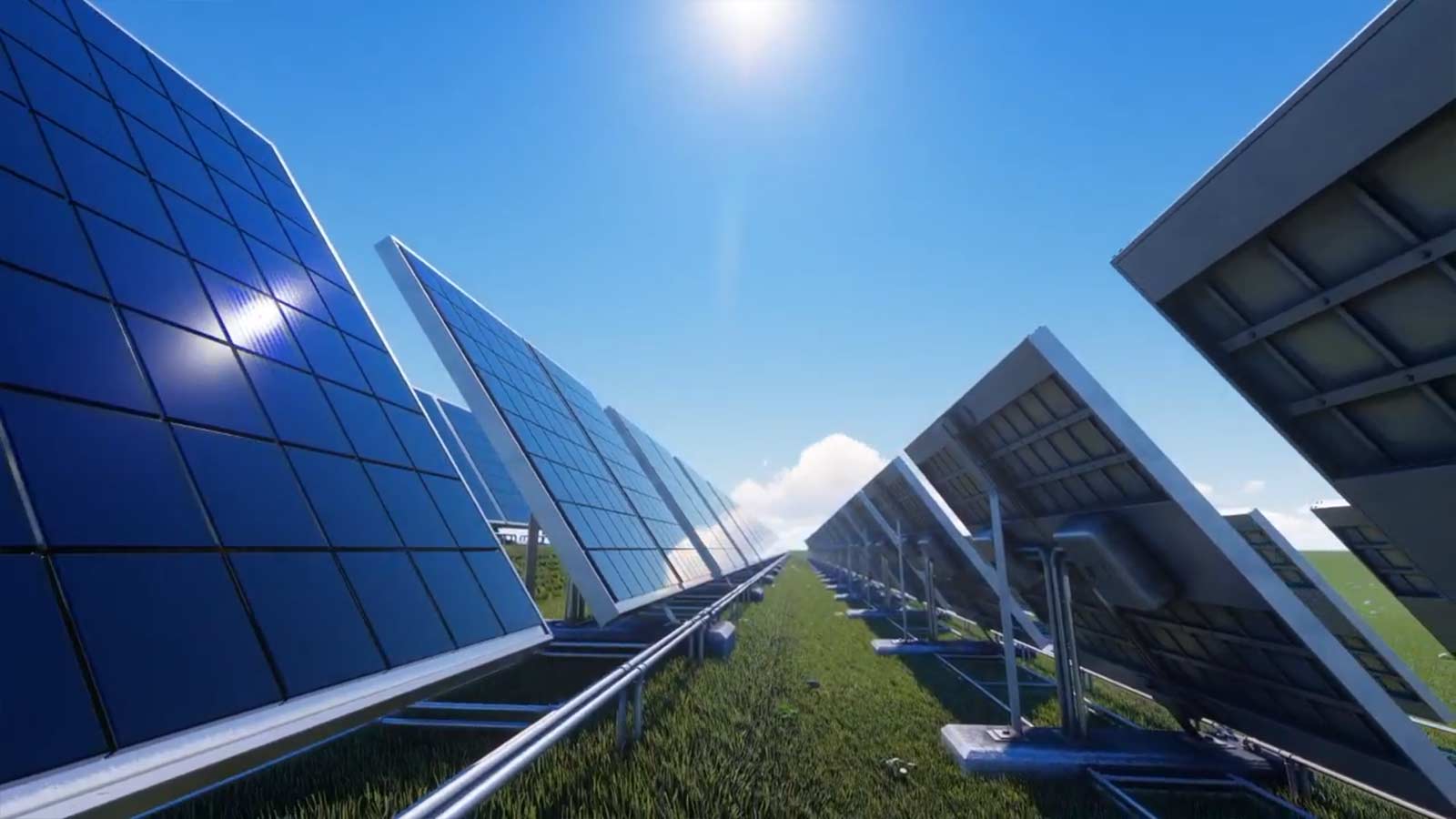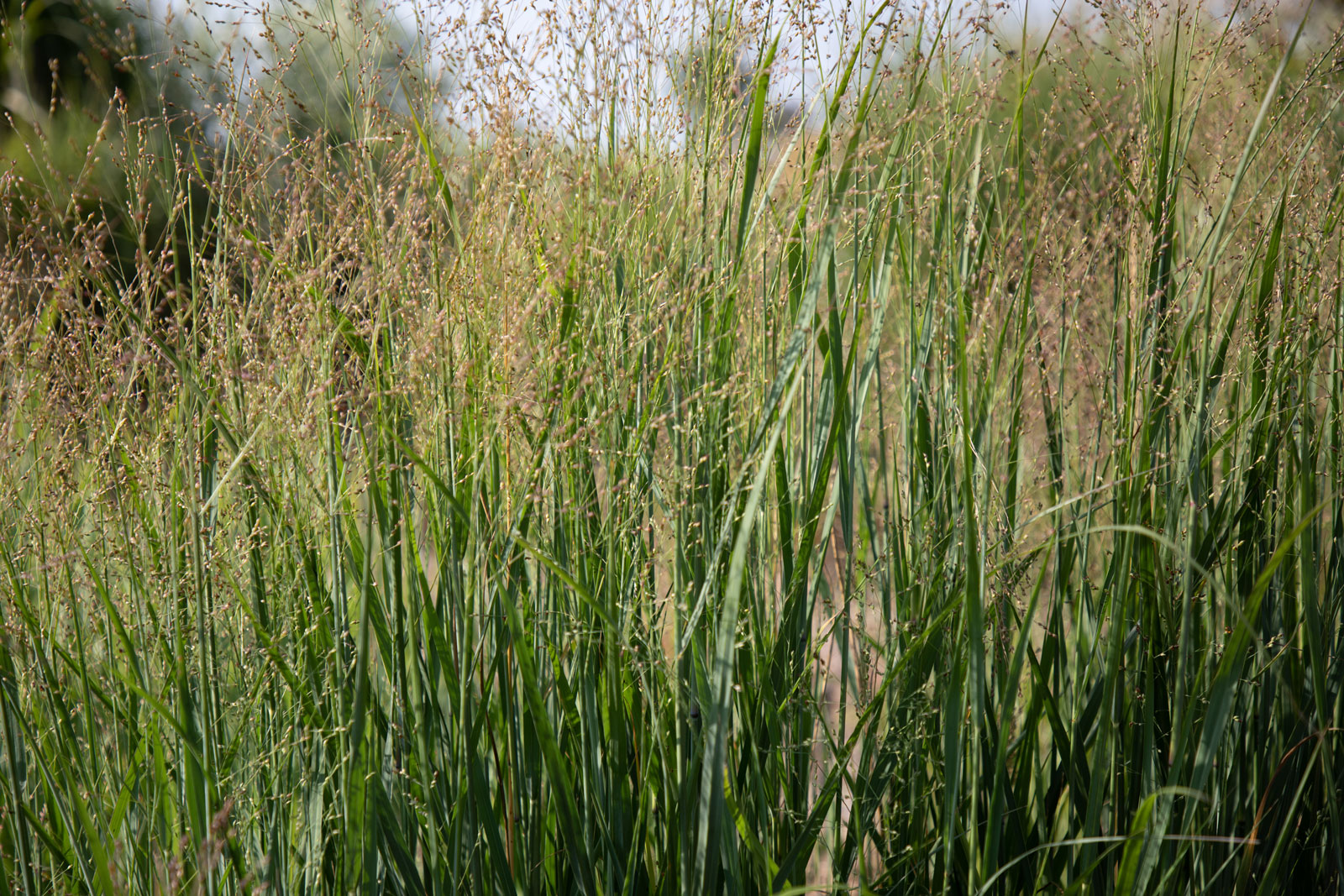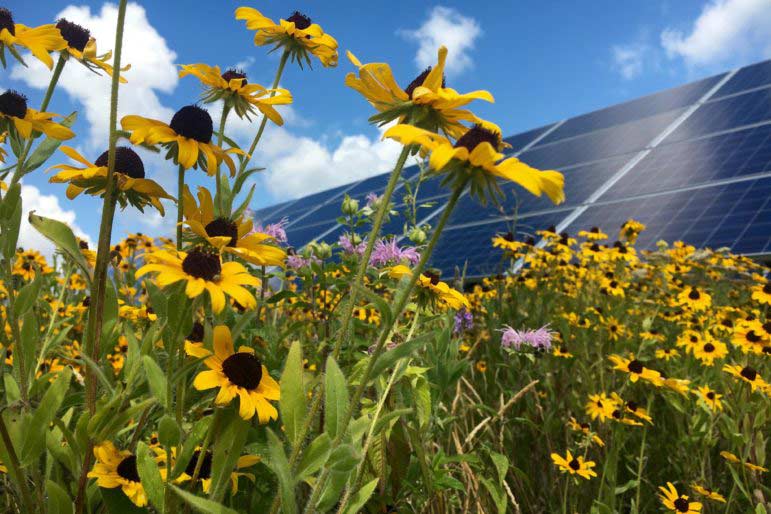BLOG

Harnessing the Sun: Solar Power and Ecological Farming
In an era of increasing environmental consciousness and sustainable agriculture, the integration of solar power into farming practices has emerged as a promising solution for reducing carbon emissions, enhancing energy independence, and promoting ecological land management. In this guide, we explore the benefits of solar power for farmers and provide practical tips for transitioning to

Revolutionizing Agriculture: The Latest Agricultural News in Conservation and Bioenergy
In the dynamic realm of agriculture, conservation, and bioenergy, innovation is the key to progress. This post delves into the latest developments that are revolutionizing the industry, shaping a more sustainable future. From cutting-edge technologies to novel farming practices, discover how these advancements are not only boosting agricultural productivity but also contributing to conservation efforts

Beyond Green: The Crucial Connection Between Environmental Conservation and Bioenergy
As the world grapples with pressing issues like climate change and resource depletion, understanding the symbiotic relationship between these two domains becomes imperative. Environmental conservation includes many practices aimed at protecting and preserving natural ecosystems, biodiversity, and resources. From habitat restoration to wildlife protection and sustainable land management, these efforts are fundamental to maintaining the

FDCE Spearheads Sustainable Heating Initiative with Switchgrass: Partnering for Progress
In a landmark collaboration, FDCE joins forces with a Virginia hospital to revolutionize heating practices through the innovative use of switchgrass. The story begins in 2017 when Piedmont Geriatric Hospital, faced with volatile fuel oil prices and fluctuating supplies of sawdust, sought a more sustainable alternative for heating and hot water. Led by Charlie and

USDA Introduces New Bobwhite Conservation Pilot and Opens General CRP Signup
The U.S. Department of Agriculture (USDA) has unveiled two significant conservation initiatives aimed at promoting wildlife habitat preservation and environmental stewardship. In Sioux Falls, South Dakota, USDA Under Secretary for Farm Production and Conservation, Robert Bonnie, announced the launch of the Working Lands for Wildlife’s Northern Bobwhite Pilot Project and provided details about the upcoming

Finding Balance: The Realities of Integrating Solar Energy into Conservation Initiatives
As we aim for a more sustainable future, integrating solar energy into conservation initiatives isn’t all sunshine and rainbows. It’s a careful balancing act that requires us to consider the pros and cons of the transition. We need to be cautious to ensure that our efforts to go green don’t unintentionally harm our ecosystems. One
